FREEDOM IN
AMERICA
William Ker Muir Jr.
University of California, Berkeley
CQ Press
2300 N Street, NW, Suite 800
Washington, DC 20037
Phone: 202-729-1900; toll-free, 1-866-4CQ-PRESS (1-866-427-7737)
Web: www.cqpress.com
Copyright 2012 by CQ Press, a division of SAGE. CQ Press is a registered trademark of Congressional Quarterly Inc.
All rights reserved. No part of this publication may be reproduced or transmitted in any form or by any means, electronic or mechanical, including photocopy, recording, or any information storage and retrieval system, without permission in writing from the publisher.
Cover design: Stefan Killen Design
Composition: C&M Digitals (P) Ltd.

The paper used in this publication exceeds the requirements of the American National Standard for Information SciencesPermanence of Paper for Printed Library Materials, ANSI Z39.48-1992.
Printed and bound in the United States of America
15 14 13 12 11 1 2 3 4 5
Library of Congress Cataloging-in-Publication Data
Muir, William Ker.
Freedom in America / William Ker Muir., Jr.
p. cm.
Includes bibliographical references and index.
ISBN 978-1-60871-844-3 (alk. paper) 1. United StatesPolitics and government. 2. DemocracyUnited States. 3. Power (Social sciences)United States. 4. Liberty. I. Title.
JK275.M85 2011
320.473dc22
2011006950
I pray that you will grow up
to be a brave person
in a brave world. I pray
you will grow up to be useful.
Marilynne Robinson, Gilead (2004)
Im full of optimistic expectations
of freedom coming to China in the
future, because no force can block
the human desire for freedom.
Liu Xiaobo, in his final statement
upon receiving the Nobel Peace
Prize, December 10, 2010, before
going to serve his 11-year prison
sentence for sedition
This book is dedicated to my wife,
Pauli Wauters Muir, whose counsel,
support, and love I treasure.
ABOUT THE AUTHOR
William Ker Muir Jr. was born in Detroit, Michigan, and earned his Ph.D. in political science at Yale University. He has taught at the University of Michigan Law School, Yale, and (for three decades) the University of California, Berkeley, where he served as Department Chair. He has also worked as an attorney, consultant to the Oakland, California Police Department, committee staff member in the California State Assembly, speechwriter for Vice President George H.W. Bush, writer in Governor Pete Wilsons gubernatorial reelection campaign, and weekly columnist for the Oakland Tribune. In 1996 he won the Republican nomination for his State Legislative District and proceeded to losehandilyto his Democratic opponent. He has gained several awards for teaching, including the Berkeley campus Distinguished Teaching Award and the Northern California Phi Beta Kappa Associations Excellence in Teaching Award. He and his wife have two daughters and three grandchildren.
Other books by William Ker Muir Jr.:
Law and Attitude Change: Prayer in the Public Schools
Police: Streetcorner Politicians
Legislature: Californias School for Politics
The Bully Pulpit: The Presidential Leadership of Ronald Reagan
CONTENTS
PREFACE
The spur to write this book was a phone call in 1989 from a faculty colleague, Andrew Janos, who had been born in Hungary. The Berlin Wall had just fallen, and so had the Iron Curtain, behind which for four decades the Soviet Union had barricaded the nations of Central Europe. Hungary at last was free of communist rule and was beginning its transition to democracy.
Professor Janos called to ask, What books can I send my friends in the Old Country to explain how America works? I struggled for an answer. My first thoughts turned to Alexis de Tocquevilles Democracy in America, so full of brilliant and prescient insights into American society in the 1830s. I also mentioned The Federalist Papers, the eighty-five essays composed by Alexander Hamilton, James Madison, and John Jay during the campaign for ratification of the American Constitution in 1788. I doubted, however, that my personal favorites were suited to his needs. While both those classics were uniquely insightful regarding the principles and tendencies of Americas free society, I felt certain that they were dreadfully out of date and hardly descriptive of the workings of the contemporary United States.
Other, more current works on what made America tick came to mind, but all seemed too specialized for foreign readers. That was especially so for anyone whose experience had been confined to the kind of closed societies characteristic of the Soviet Union and its former satellites. Fine as these books were, they depicted particular institutions and events, but not the contexts that nurtured them.
I was surprised at the small number of accessible studies that surveyed Americas wider political and social landscape. Moreover, those authors who had attempted to depict American society as a whole tended to examine it through what I thought was an excessively narrow prism of material equality. What Professor Janoss friends needed, I believed, was a book describing the personal freedom we in America enjoyed. And so I set out to write such a book.
I soon discovered that my notion of personal freedom was inadequate. Freedom was not simply being left alone; nor was it merely the freedom of thought and individuality that John Stuart Mill celebrated in his 1859 essay On Liberty. The opposite of freedom was not slavery, but impotence. Humans are social animals and need the assistance of others to achieve their every undertaking. Personal freedom was power. Unless individuals had the means to enlist others collaboration in the pursuit of their goals, they were not free. Power and its distribution were the keys to freedom in America.
My focus became clear. The pivotal question to answer was how Americanswhatever their pursuitsexercised power. Both Democracy in America and The Federalist Papers spoke to that question. Suddenly, these books appeared as timely and relevant as the day they were written.
Of course, every kindergartner learns the basics of power and how to get ones way with othersby threatening (coercion), by give and take (reciprocity), by changing others minds (moral power), or some combination of these three techniques. It takes considerable skill, however, to employ these techniques in the adult world, for power is a paradoxical thing. Untutored attempts to enlist collaboration frequently result in unexpected, unintended, and unwanted consequences for oneself as well as for others. To exert power adeptlythat is, to achieve desired results and minimize bad surprisesmay require acting counterintuitively, in defiance of common sense. Therefore, to be truly free to pursue their happiness, Americans had to understand and negotiate the eleven paradoxes of power. Those who didnt, more often than not, would find themselves shackled to frustration and failure.
With that perspective, I returned to Professor Janoss question. What makes America work is the availability of political and economic institutions that facilitate the ordinary persons exercise of power. The nations political system of checks and balances, its array of central and local authorities, its political parties that organize the opinions of the people, its independent media that inform and enable individuals to team up with one another, and its free markets that are secured by the rule of lawall these institutions make it easier for individuals to be free to choose their goals, gain assistance, and earn success.

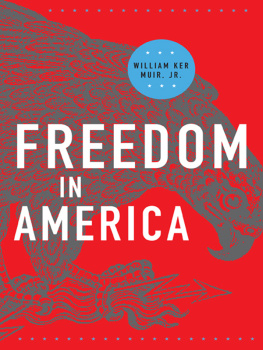
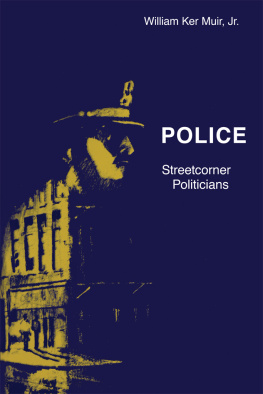
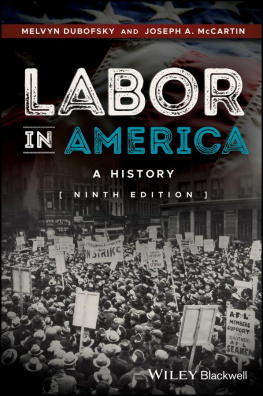
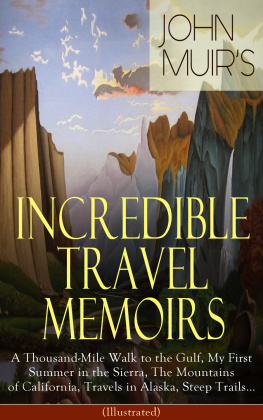
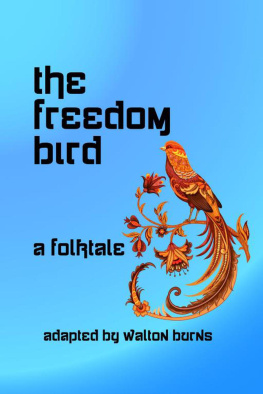
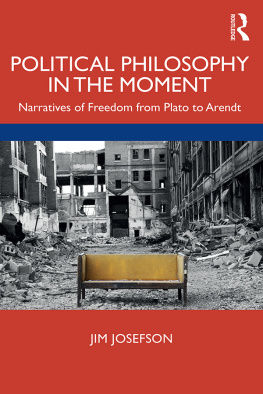
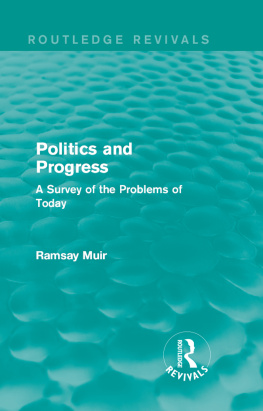
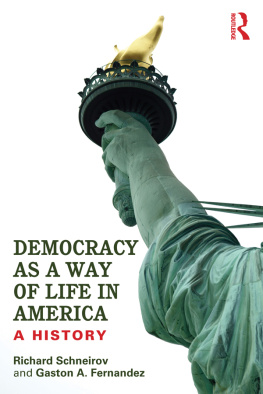
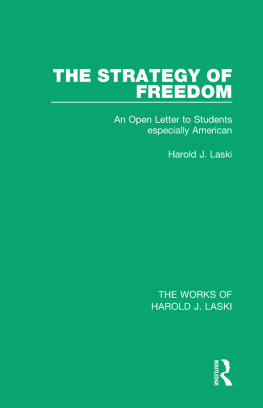

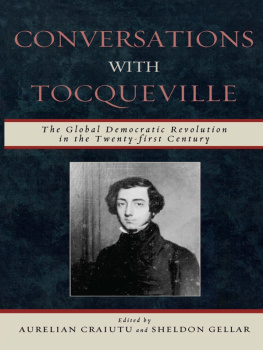

 The paper used in this publication exceeds the requirements of the American National Standard for Information SciencesPermanence of Paper for Printed Library Materials, ANSI Z39.48-1992.
The paper used in this publication exceeds the requirements of the American National Standard for Information SciencesPermanence of Paper for Printed Library Materials, ANSI Z39.48-1992.